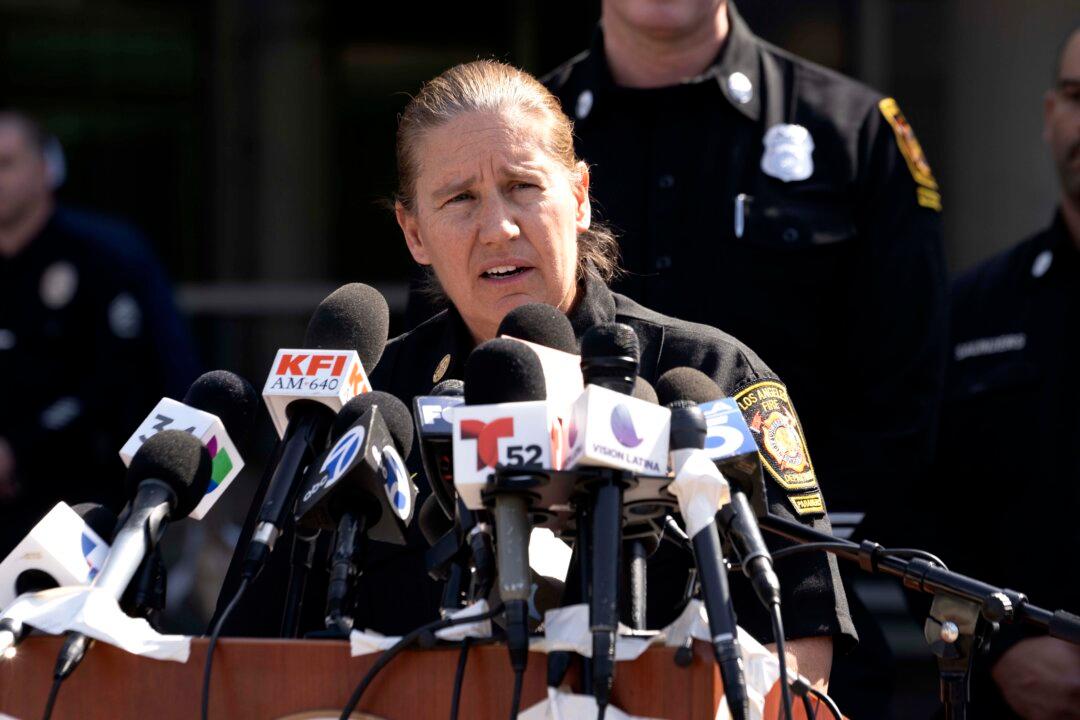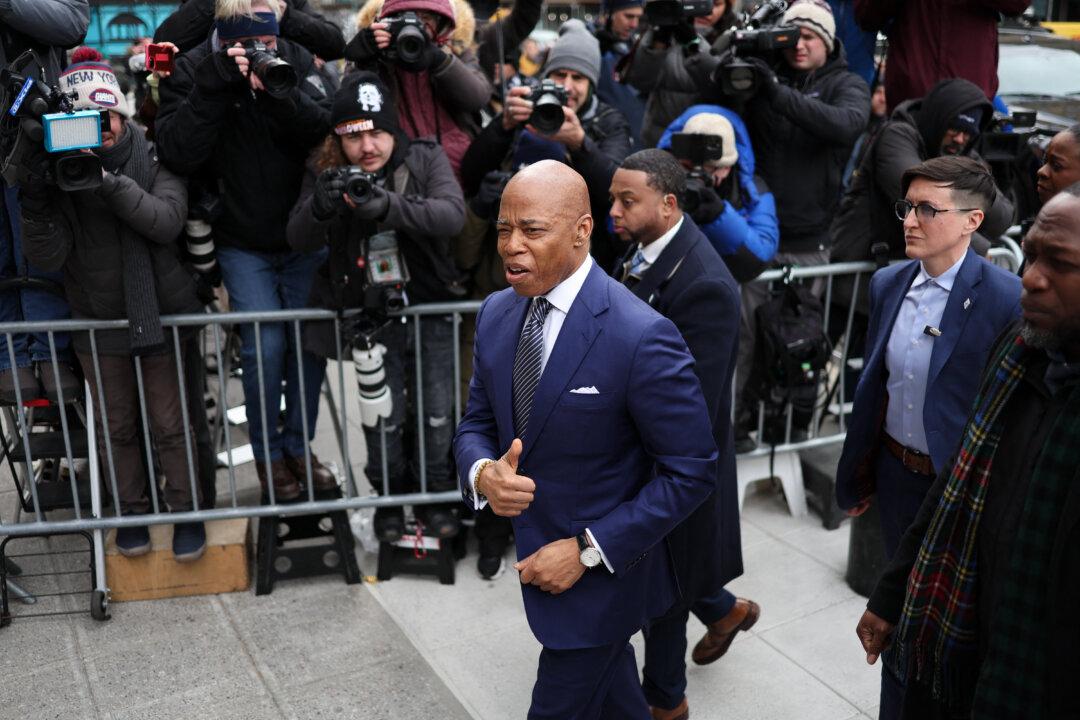A U.S. appeals court on Oct. 5 granted the U.S. government’s request to speed up consideration of the government’s appeal of the order that inserted a special master, or an independent third party, into former President Donald Trump’s records case.
Before the change, the three dates were Oct. 20, Nov. 19, and Dec. 10.
The appeals court order granting the DOJ request did not include a rationale for the decision.
U.S. Circuit Judge Adalberto Jordan, an Obama appointee, granted the motion.
Oral argument has not been scheduled.
Jordan said that he consulted with Chief Judge William Pryor Jr., a George W. Bush appointee, on oral arguments, and a special panel will decide “when and how” to hear oral argument. The DOJ wants oral argument to happen quickly, perhaps even before all the briefs are released. Trump’s lawyers are pushing for the oral argument to happen after all the briefs are presented.
“President Trump believes setting oral argument in January 2023 or later is appropriate,” the lawyers said in a recent filing.

Background
DOJ officials allege U.S. District Judge Aileen Cannon, a Trump appointee, improperly inserted a special master into the case and improperly blocked government officials from using records with classified markings that were seized from Trump’s home in August by FBI agents. The officials argue the court did not have jurisdiction to enter such an order. A panel of 11th Circuit judges agreed on the second point, and in September stayed part of Cannon’s order.That stay pends the outcome of the appeal.
As the appeal is being weighed, U.S. District Judge Raymond Dearie, the Reagan appointee who is serving as special master, is getting ready to review the more than 11,000 documents not marked classified that were seized from Trump’s home.
One of the reasons the government wants to speed the appeal up is to prevent Dearie from continuing his work.
“If this Court agrees that the district court lacked jurisdiction, further proceedings before the special master and district court would end,” DOJ lawyers said in their motion. “Alternatively, if this Court upholds the district court’s exercise of jurisdiction but concludes that Plaintiff cannot assert executive privilege against the Executive Branch in these circumstances, as the government maintains, such a ruling would substantially narrow the special master proceedings.”
The government has said a special master isn’t necessary because its “filter team” sifted out materials that are potentially protected by privilege before case agents entered Mar-a-Lago, even though there have been at least two breaches of the protocol. Trump and his lawyers say the special master is needed to protect the former president’s interests and to make sure privilege is properly applied.





